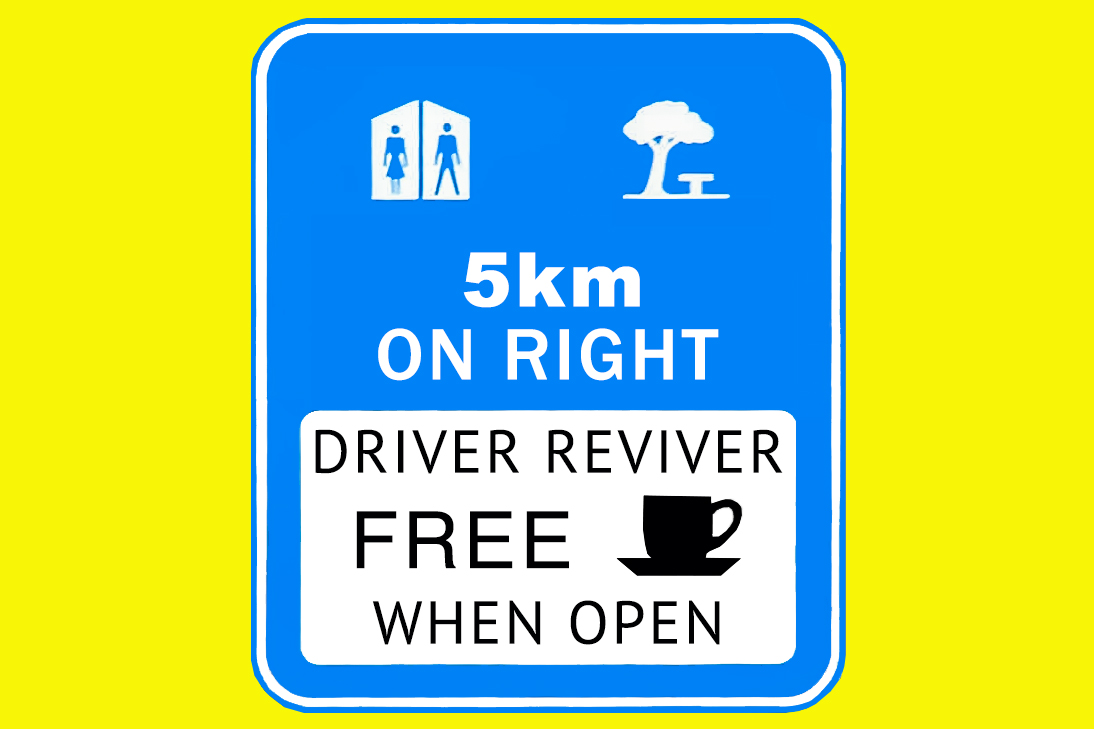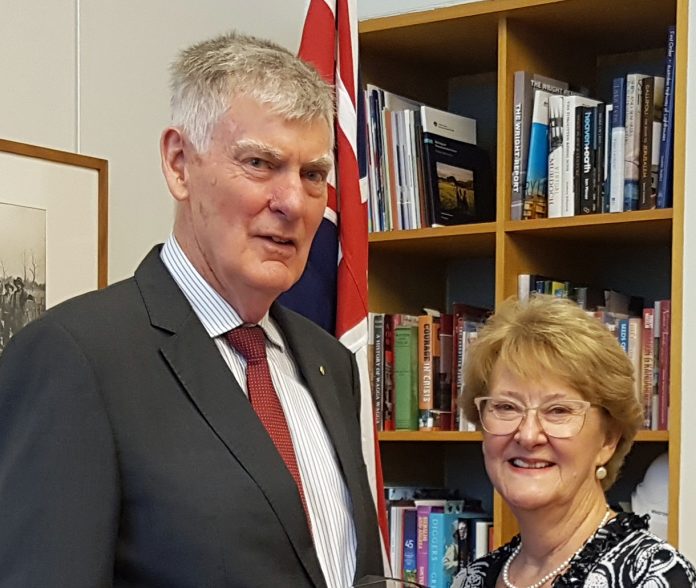Founders of Driver Reviver Australia – Northern Beaches residents Allan and Rhonda McCormac – retired in 2022 leaving a national road safety legacy that has saved countless lives. Now, national awards have been announced in their honour. (More on that later).
But who who are they and why did they become so involved in some of the more recognisable road safety campaigns of the last 30 years, urging us to Stop. Revive. Survive?
From hand packing trucks with supplies to negotiating corporate sponsorships, liaising with frontline volunteers and advocating to governments, Allan and Rhonda were Driver Reviver linchpins for more than 35 years.
Launched in 1989, and now operating from 187 sites across Australia, the service provides free beverages and sweet snacks to stimulate the mental faculties of road users to reduce drowsiness.
The program, operated by over 5000 volunteers from a wide range of service organisations and community groups, has undoubtedly saved many lives of weary long-distance travellers needing a pick-me-up to sustain them on their journeys.
They even inspired a song by Midnight Oil drummer Rob Hirst, co-written with Sean Sennet and released independently of the Oils in 2020.
Allan McCormac, a marketing agency director, conceived of the idea for Driver Reviver stations after becoming concerned for a number of serious road accidents that involved drivers falling asleep at the wheel.

Lifesaver
Allan told Manly Observer, “The concept of long-distance travellers being able to access hospitality in regional and remote areas has long been part of the Australian culture.
“Fatigue was a significant contributor to fatalities on our roads started to receive serious attention in the early 1980’s.
“Fatigue was a significant contributor to fatalities on our roads started to receive serious attention in the early 1980’s.”
“Unlike the hugely successful legislated programs to make seat belt wearing compulsory and later introducing stricter alcohol in the blood limits (0.05) and later RBT, testing for fatigue, was and is a challenge.”
In the 1980s, the average drive time for the 880km journey from Sydney to Melbourne took 12 hours; travelling north to Brisbane, a similar distance, involved around 15 hours of non-stop driving.
Unlike European highways, where motorway diners provide refreshments and facilities (and in some cases overnight lodgings) 24 hours a day, Australian highways had very few service stations that operated overnight.
Allan acknowledged that in 1982, some Lions Clubs and SES units in Victoria started providing free refreshments for motorists travelling long distances, followed by the first NSW site at Singleton in 1986 – all endorsed by the respective state road authorities. However, these units only operated over public and school holiday periods, when the highways were full of intercity travellers, and not at other times.

Take a break…
Allan continued, “Initially I became involved when looking for a community service program a client could sponsor. My business partner and I in 1989 I spent around six months meeting with volunteer group management in Victoria and NSW to establish guidelines for sponsorship of Driver Reviver.
“The first two years were spent working with State Governments, corporate sponsors, and volunteers to expand the program to all States, this was the beginning of the National program.”
The main corporate sponsor he chose was one of his clients, Nestlé, which had recently completed the purchase of Rowntree Mackintosh, founded 1862, the fourth-largest confectionary manufacturer in the world.
Rowntree’s was known for iconic brands Fruit Pastilles (1881), Aero (1935), Quality Street (1936) and Smarties (1937).
Another well-known Rowntree product Nestlé now owned, which consisted of finger-length pieces of triple-layered wafers coated in chocolate and sold in pairs or quartets, was Kit Kat (relaunched 1935 after previously being known as Rowntree’s Chocolate Crisp).
Kit Kat had for years been marketed successfully under the tagline “Have a Break, Have a Kit Kat”, a slogan devised by Donald Gilles of J Walter Thompson advertising agency in May 1957.
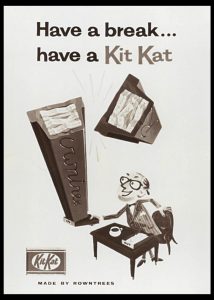
Consumers were encouraged to take the candy bar to work, then during a recess (a break), snap (ie, break) the thin chocolate-wafer fingers for an enjoyable sugary-cocoa mental stimulation.
Nestlé, through Allan, took out full-page adverts in selected newspapers to raise awareness of this new scheme.
To take a break from driving and perk-up with a free chocolate was an ideal way for Nestlé to range their red-packaged snack whilst helping drivers stay more alert, and Kit Kats soon became associated with safe travel.
Continuity
Eventually, Nestlé withdrew from the scheme, but Allan persevered.
He continued, “With the withdrawal of our first major sponsor, I took sole control of the program, enlisting the help of my wife Rhonda to help with the growing administrative duties of communicating and taking orders from volunteers, packing and distributing supplies to over 200 Sites.
“We continued to run the program as an activity with no salaries, not even a bank account. All donations made by the public visiting sites were retained by the volunteer groups at those sites. Our motivation has been community engagement and getting governments and corporates to support the volunteers who recognise that road safety is everyone’s business.”
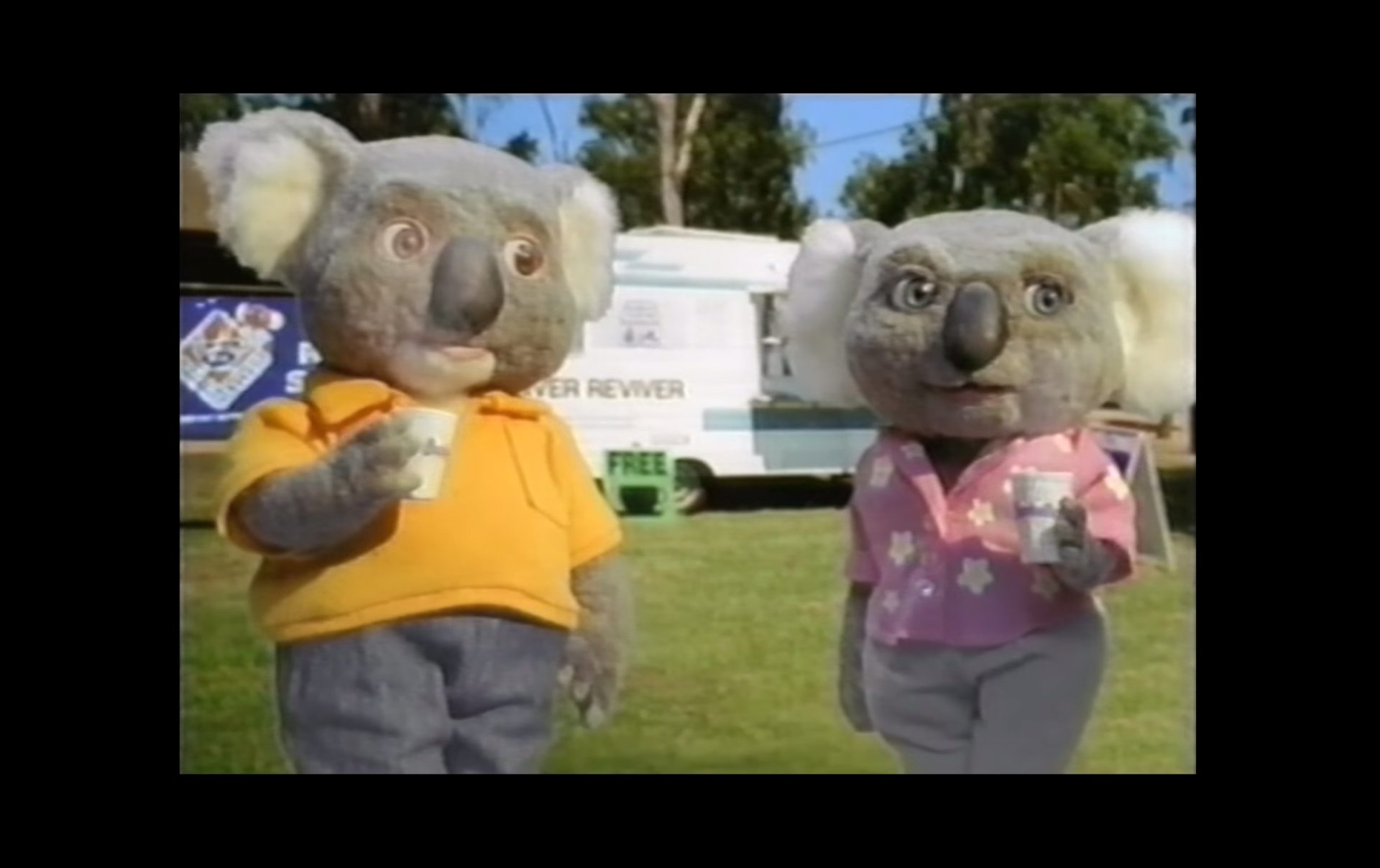
Since the year 2000, Bushells Tea, Bushells Coffee, Arnott’s Biscuits and Sunshine Sugar have been the major sponsors of Driver Reviver and providers of complimentary beverages and sweet snacks for motorists and their passengers.
In a 2001 TV advert, Bushells Tea promoted the Driver Reviver scheme with a family of three (toy) koalas in a car, the younger one in the back, ‘Gavin’, demanding the well-worn irritable question, “are we there yet?!”
It included the sage advice to stop and revive every two hours.
There are similar schemes overseas, some of which Allan has personally advised. However, most are corporate-owned entities run for profit. Of those, the UK has 108, Ireland has 18.
“I have over the years provided information on Driver Reviver to a variety of countries including Britain and Ireland,” Allan revealed. “As a result, there are variations of Driver Reviver in several countries, but none seem to have the volunteer culture of Australia which is adaptable to this type of national program.
“Those programs which I’m aware of all require some form of payment by the public…. but the smaller population and far greater distances in Australia can’t be compared to the UK business model.
“Whether the public benefit would warrant government sponsorship is another issue.”
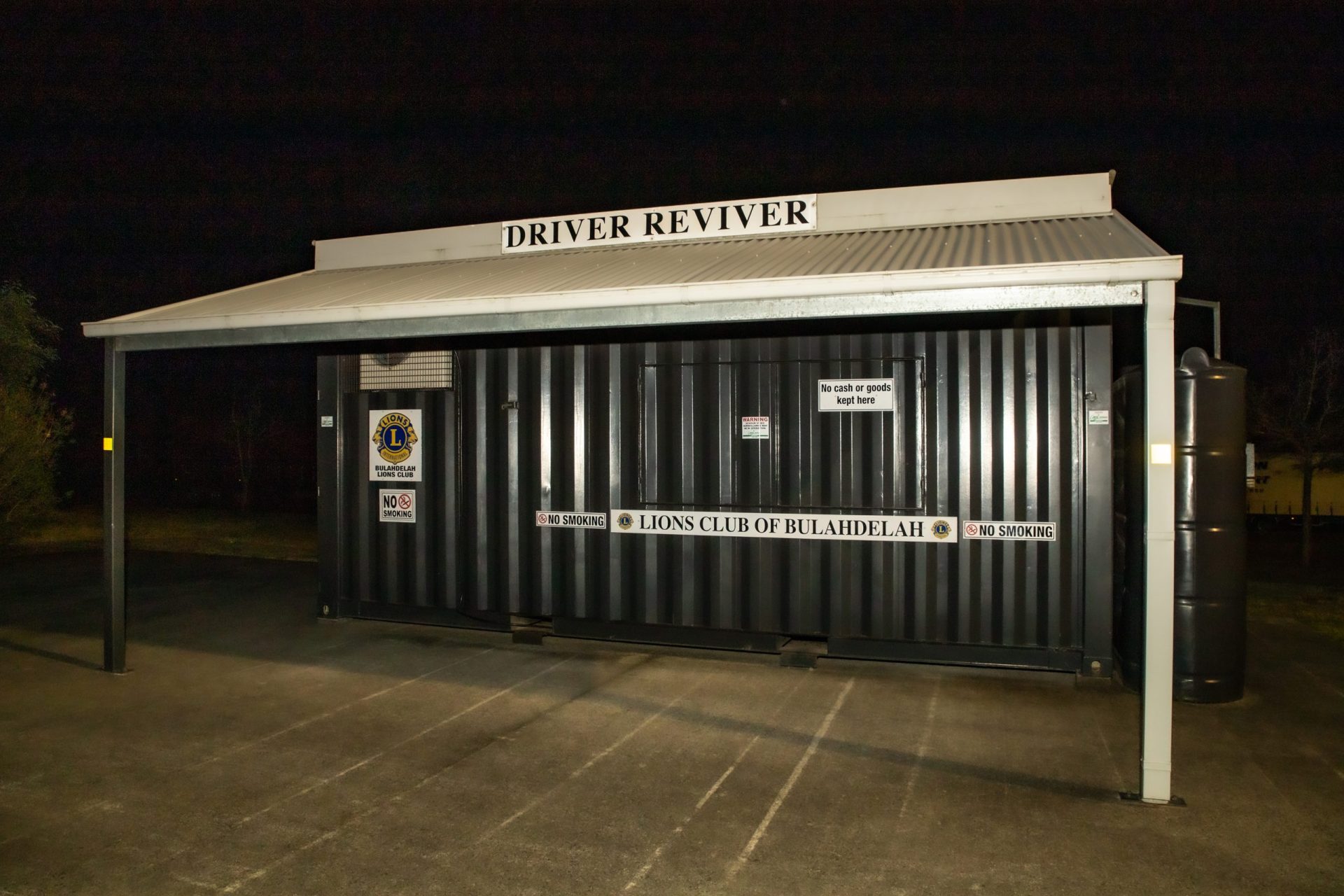
Other operators in NSW provide a watered-down service, of which Allan is a little cynical.
“There are of course free cuppa for the driver programs operating through commercial café’s throughout Western NSW for several months each year, with the government paying for one coffee for the driver but nothing for passengers.
“This type of operation works parallel to Driver Reviver but misses the fact that our sites serve people at sites and don’t provide lids. Our volunteers know that it is important for everyone in a vehicle to stop and revive to help maintain alertness of the driver and reduce distractions by passengers.
“It is common sense that drinking hot beverages whilst driving is a risk. To have this practice allowed when driver a travelling on 100kph roads is irresponsible.”
Driver Reviver now a charity
Driver Reviver was restructured by the McCormacs when they approached retirement age, but wanted to ensure its longevity without it being a corporate entity.
“With help we formed a not-for-profit registered charity Driver Reviver Australia Ltd.,” Allan explained. “This action provided protection from those organisations or individuals who have or would attempt to use the program for their own benefit. It also made it easier for future administrators of Driver Reviver to obtain and maintain sponsorship.
“We were also able to obtain significant Federal Government grant funding, to digitise operations and set up much more effective direct and social media communication to help volunteers and the public. We achieved strong support from the Federal Department of Infrastructure, to ensure the bulk of the funding was distributed through State Governments or councils to improve site resources.”
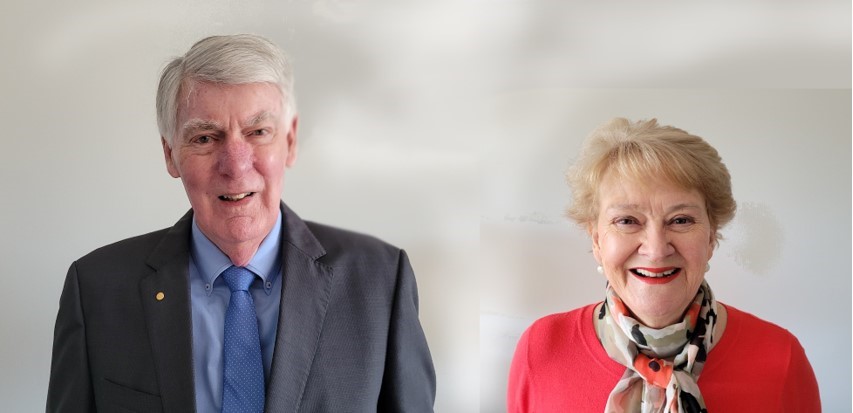
This has been a major challenge, but brought continued success.
“After 30 years Rhonda and I were delighted to be able to work with and hand over Driver Reviver Australia Ltd to SES Victoria, which, although a State organisation, has provided the resources to maintain the national program. It is doing an outstanding job and introduced many innovations.”
Allan and Rhonda retired in 2022, a month before Allan’s 81st birthday, after 33 years at the helm of Driver Reviver. It is estimated over 25 million free teas and coffees and 28 million snacks have been served to drivers and their passengers since its inception.
National awards
The McCormacs, the enterprising duo behind Driver Reviver, have now been recognised for their life-saving scheme with national awards given in their honour.
On announcing the annual accolade, Driver Reviver’s National Program Manager Kerrie Edwards said, “We hope these awards will not only recognise the invaluable contribution made by the loyal, passionate, hardworking volunteers but also acknowledge the significant role Allan and Rhonda played in establishing and running this important road safety campaign for nearly four decades.’’
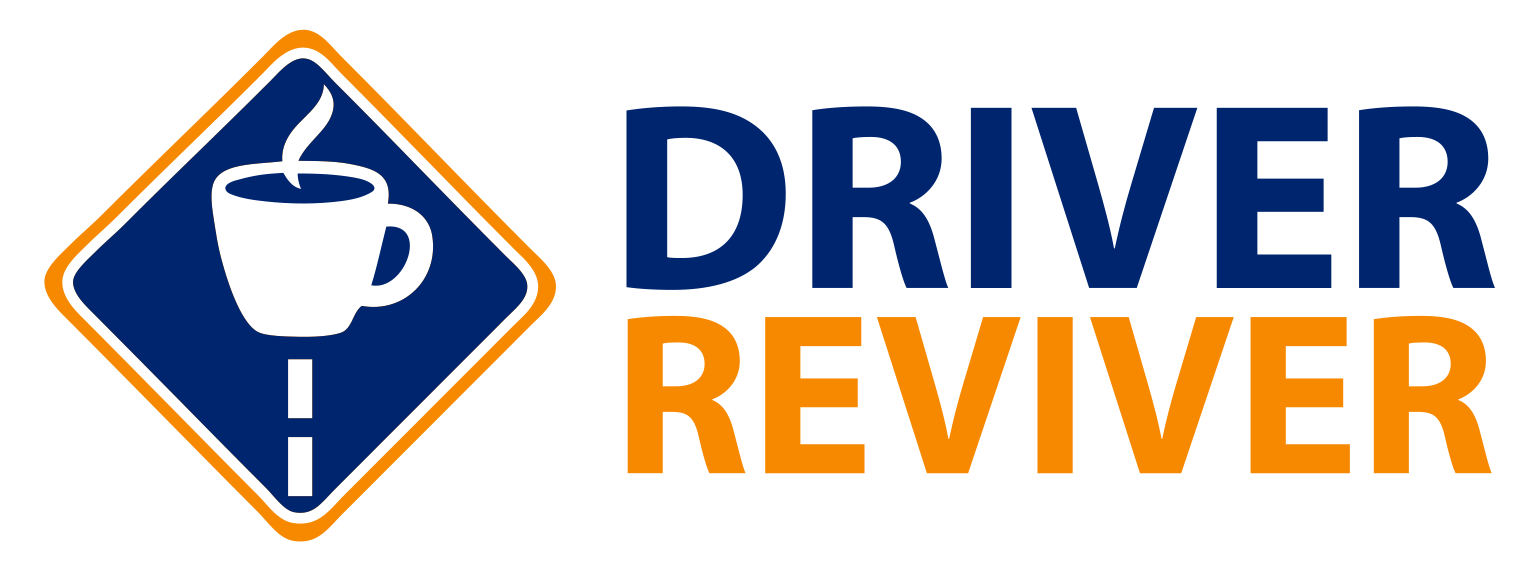
The two awards, named after Allan and Rhonda, respectively, are presented annually to the Driver Reviver units whose members have distinguished themselves in their line of service.
The Allan McCormac Award is conferred to a Driver Reviver site that best seeks solutions to challenges or overcomes adversity or acts above and beyond service requirements.
The Rhonda McCormac Award is granted to a Driver Reviver site that best supports its local community with acts of service above and beyond, creatively adds value to their site and/or loyally and passionately works behind the scenes to ensure the site operates effectively.
The 2023 inaugural winners were Innisfail Driver Reviver, Queensland, for the former and Colac Driver Reviver, Victoria, for the latter.
Queensland to axe Driver Reviver centres.
The NSW Government Centre for Road Safety warns: “Fatigue is one of the three biggest killers on NSW roads.
“Fatigue-related crashes are almost three times as likely to be fatal than crashes not involving fatigue. Being awake for 17 hours has a similar effect on driving performance as a blood alcohol content (BAC) of 0.05.”
Dozing off for four seconds in a ‘microsleep’ while driving at 100 km/h, will see the car travelling 111metres without the driver being in control.
There were 1194 fatalities on Australian roads in 2022.
Unfortunately, the Queensland Government is in the process of shutting down their Driver Reviver sites, of which there are 43 government and privately-run safety stops, principally as a cost-cutting measure.
According to a November 2022 ABC News article: “Department of Transport and Main Roads (TMR) regional director Adam Ainsworth says all 23 government-owned sites will close following a safety assessment last year. ‘TMR made that difficult decision to close those sites because of the investment that was required to keep that network operating,’ Mr Ainsworth said.”
Driver Reviver site locations across Australia: https://www.driverreviver.com.au/
